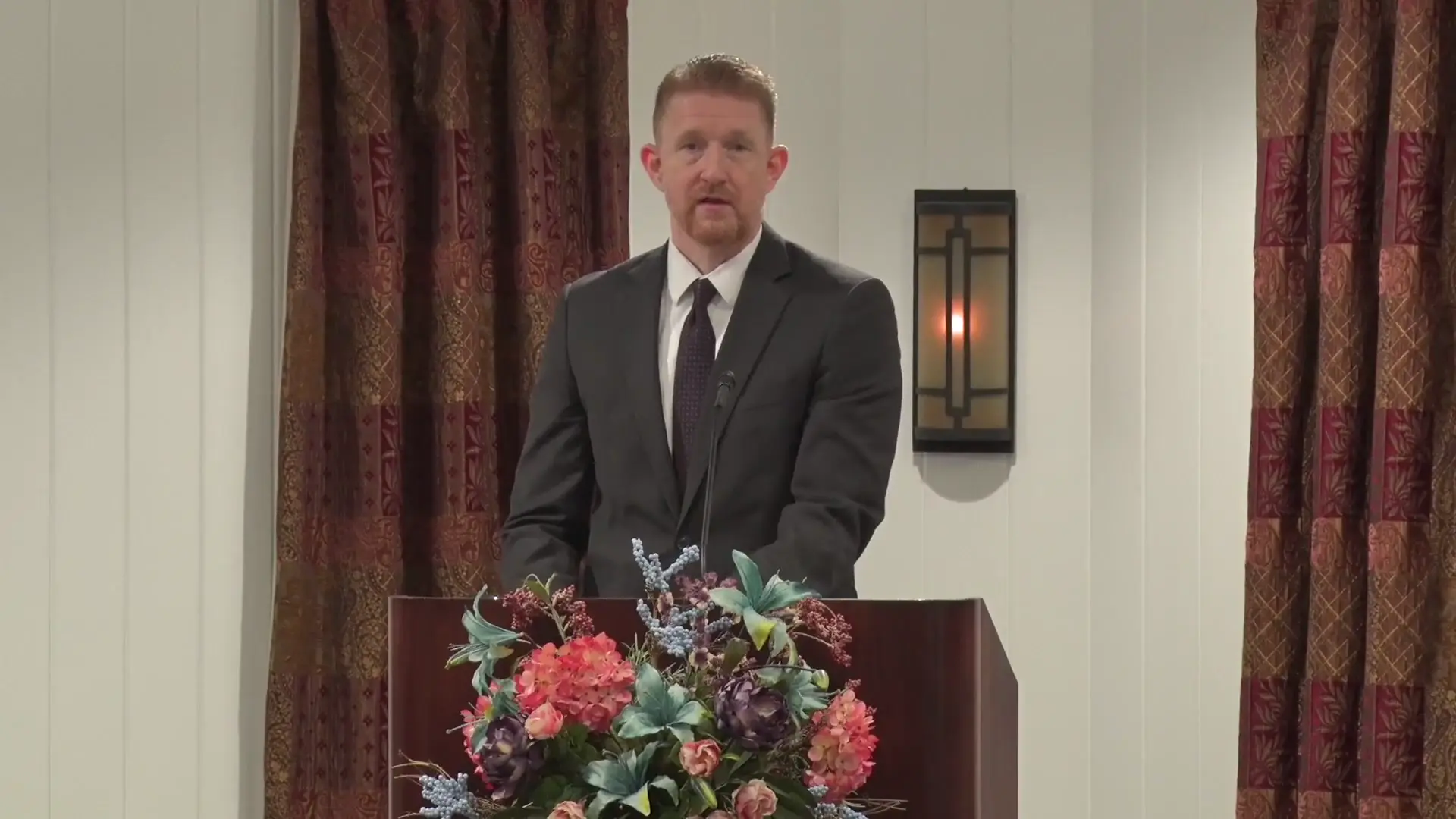Filter by Categories
Nebuchadnezzar's Image (Part Three): 'Belly and Thighs of Bronze'
'Prophecy Watch' by Richard T. RitenbaughDaniel's prophecy in chapter 8 highlights the Greek Empire, focusing on its rise under Alexander the Great and the later reign of Antiochus IV Epiphanes, a Syrian king surnamed Epiphanes, meaning the manifest or the illustrious. The Jews, with tragic wit, called him Epimanes, or the madman, due to his violently anti-Jewish policies. Determined to Hellenize the Jews, this little horn systematically forbade, under penalty of death, circumcision, Sabbath and holy day observance, and the reading or possession of the Torah scrolls. He executed some for refusing to eat swine's flesh and butchered others who would not bow to a pagan image. Additionally, he erected a statue of Zeus Olympius in the Temple, sacrificed swine on God's altar, and permitted pagan rites, orgies, and festivals in the Temple grounds. In his pride, he decreed that he should be worshiped as Zeus, with his coins bearing the inscription theos epiphanes, meaning God manifest. Other despicable deeds of Antiochus, including his wars against Egypt and the Maccabees, are detailed in prophecy, where he is depicted as a precursor to a future world dictator who will also speak blasphemies and persecute God's people.
What Is the 'Abomination of Desolation' (Matthew 24:15)?
Bible Questions & AnswersIn 168 BC, on the 25th day of the month Kislev, Syrian king Antiochus IV Epiphanes, with the aid of his army, erected an altar to the Greek god Zeus on the Temple Mount in Jerusalem and offered swine upon it. This act intensified Jewish resistance, sparking the Maccabean revolt. Subsequently, in 165 BC, the Jews retook Jerusalem, cleansed, and rededicated the Temple, an event commemorated in the Jewish Hanukah celebration.
The Beast's Militarism
'Prophecy Watch' by Richard T. RitenbaughAntiochus IV Epiphanes stands as a significant historical type of the end-time Beast, embodying the militaristic zeal and ruthless ambition that characterize this prophesied figure. Known for his aggressive conquests and desecration of sacred spaces, Antiochus exemplifies the Beast's obsession with war and domination. His actions, marked by a relentless drive to impose his will through overwhelming force, mirror the predicted behaviors of the coming ruler who will thrive on military victories and the destruction of enemies. Like Antiochus, the Beast will be a formidable conqueror, delighting in the imposition of harsh terms on the subdued and reveling in the power and riches that conquest brings. These traits of unyielding martial prowess and strategic cunning, as seen in Antiochus, serve as critical clues to recognizing the Beast when he rises to prominence.
Reinstituting Daily Sacrifices in Jerusalem
Commentary by Kim MyersBefore Christ's return, the Two Witnesses must appear, the Beast and False Prophet must arise, and daily animal sacrifices must be re-instituted in Jerusalem.
What Do the 1,290 and 1,335 Days Represent (Daniel 12:11-12)?
Bible Questions & AnswersThe 1,290-day and 1,335-day time periods refer to events that will happen in this generation. Each period begins with a significant prophetic event.
The Book of Daniel (Part Eight)
Sermon by Martin G. CollinsSeveral types of the abomination of desolation have occurred in history, including the desecration of the temple by Antiochus Epiphanes and the Roman legions.
What Happened Between the Testaments?
Sermon by Martin G. CollinsThe Inter-Testamental period, approximately 400 years between the time of Malachi and Matthew, was a time of intense political and intellectual fermentation.
The Book of Daniel (Part Six)
Sermon by Martin G. CollinsWe need to emulate Daniel by faithfully studying and praying for understanding, asking God for what He has promised and for His will to be done.
Meet the Minor Prophets (Part Four)
'Prophecy Watch' by Richard T. RitenbaughThe books of Zechariah and Malachi create a bridge to the New Testament and the coming of the Son of Man.
The Bible—Superstition or Authority?
Herbert W. Armstrong BookletWhy do the many churches disagree about what the Bible says? Have you ever proved whether it is the authoritative Word of the Creator God?

The Olivet Prophecy Paradox
Sermon by David C. GrabbeThe Olivet Prophecy describes both a unique time of destruction and upheaval but also commonplace activities like eating, drinking, and marrying. How can this be?
The King of the South
Sermon by Richard T. RitenbaughThe King of the South (Daniel 11:40) might be a confederation of Arabic/Islamic nations continually at war with the people of Israel.
Don't Lose Your Focus!
Sermon by John W. RitenbaughPaul urged that we get our focus more balanced, emphasizing love over prophetic correctness, not remaining indifferent to what Christ deemed important.
Our Trusted Source of Truth (Part One)
Sermon by Richard T. RitenbaughThe Olivet Prophecy lists deceit as the first danger confronting Christians who will be living in the disinformation age, strong enough to deceive the elect.
Do You Really Know God?
Sermon by Clyde FinkleaWe can know for sure that we know Him intimately by keeping His commandments and practicing loving kindnesses.

Cleansing God's People
'Prophecy Watch' by David C. GrabbeHaggai received the last two prophecies on the same day. Haggai 2:10 and 20 identify that day as the twenty-fourth day of the ninth month, called Kislev.
Death, or Not A Hair of Your Head?
Sermon by Martin G. CollinsOur challenge in the wake of the terrible things we witness now is to retain confidence that God is in control, even though our faith will be sorely tested.